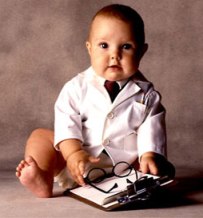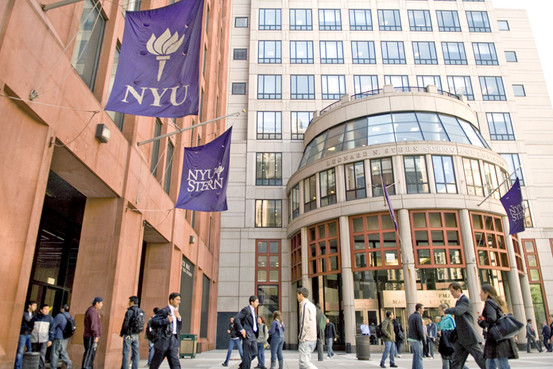Medical students have the fortune of dealing with gore, germs, and gas. It’s part of the unwritten law when we sign on to roam the wards in the beginning of 3rd year.
Now, I survived most of my clinical years without getting urinated on or blood squirted at. I did have the grand luck of scrubbing into a gyn-oncology case involving a pelvic mass that was most likely metastatic ovarian cancer. The surgery involved a massive tumor debulking with an exploratory laparotomy. This woman had 11 liters of ascitic fluid in her belly due to metastatic disease. All of that poured out and no suctioning could keep up with the overflow. Of course, from my standpoint, I bore the brunt of this overflow when the suction failed me.
Flash forward to my 4th year now. I’m on a trauma surgery elective. There is a patient on the floor under the general surgery service who has a small bowel obstruction (SBO). He hasn’t been passing gas (aka. farting) or making bowel movements. Plus, he started vomiting again. Clearly, he was obstructing. The next step in management would be decompression via nasogastric placement and suction. The nasogastric tube (NGT) is inserted through the nostril into the nasopharynx and oropharynx, and hopefully down the esophagus into the stomach. The suctioning helps to decompress the bowel and allow the bowels to ‘untwist’ to relieve the obstruction.
I’ve placed one NGT before at the Peconic Bay ED. It was painful seeing the patient gag, vomit and suffer. Last month in the ED, I observed an NGT placement for a man with a high-grade SBO. Even with the lidocaine anesthetic spray in the throat, the poor guy was gagging and swallowing really hard to push that tube down. Simply witnessing an NGT placement makes ME hesitate, choke, grimace and tear!
Well, opportunity presented itself this week on trauma service. Hey, I signed up for this elective to DO stuff, right? A surgery resident was next to me. The nurses attached the tubing to suction. I put on a pair of gloves and mercifully lubricated the NGT. The bucket was strategically placed in front of the patient. I looked at him, put my hands on his shoulder as I looked him in the eye and apologized profusely for what I was about to do. By far, it is the most uncomfortable thing to witness and perform, but most certainly to experience first-hand, awake.
My resident assured me, “Make sure you keep going and do it quickly.” Okay, I braced myself, armed and ready to go. Before I went for it, I said, “Sorry sir, it’s going to be a little uncomfortable, but I’ll make it quick.” I lied. It was not quick. The tubing went in and struck the back of the nasopharynx. It was plastic tubing, so I was banking on it to cooperate and just bend. But the tube kept hitting a dead end! I just needed to push it a little harder to get past the impediment. In the meantime, my patient was gagging and tearing in discomfort. My resident stepped in and pushed the tubing down like a pro. This all happened in a matter of 5 seconds, which is not very long in layman times, but at the bedside, it felt much longer. Boy was I tense, sweaty and wide-eyed.
Oh, and as he was lying in discomfort after getting a tube down his throat and I was at his bedside patting away his misery, he vomited smelly green fluid all over my left hand. He missed the bucket and bulls-eyed my hand, and white Swatch. I should have been smarter with my positioning and gowning. I mean, my hand should not have been in the path of potential vomitus nor over the bucket. Still, I did not leave his side and continued to reassure him that he was okay and the worst part was over. Unless, he thought the worst part was vomiting on me ….
 After I washed my hands (and watch), he apologized profusely. I do not know if he was red from the embarrassment, the vomiting or the nasogastric experience. The next few days on early morning rounds at the bedside, he continued to apologize for puking on me. No matter how much I smiled, saying “It’s okay, really…,” he would greet me with, “I’m sorry again for what happened last time… really really sorry.”
After I washed my hands (and watch), he apologized profusely. I do not know if he was red from the embarrassment, the vomiting or the nasogastric experience. The next few days on early morning rounds at the bedside, he continued to apologize for puking on me. No matter how much I smiled, saying “It’s okay, really…,” he would greet me with, “I’m sorry again for what happened last time… really really sorry.”
Well, he was a very nice patient. But I like to have a “lesson learned” tidbit at the end of an entry. The next two nasogastric tubes I did on the floor were great successes, meaning no projectile action or embarrassing moments. And those times, I armed myself with a blue gown for added protection. Just in case …

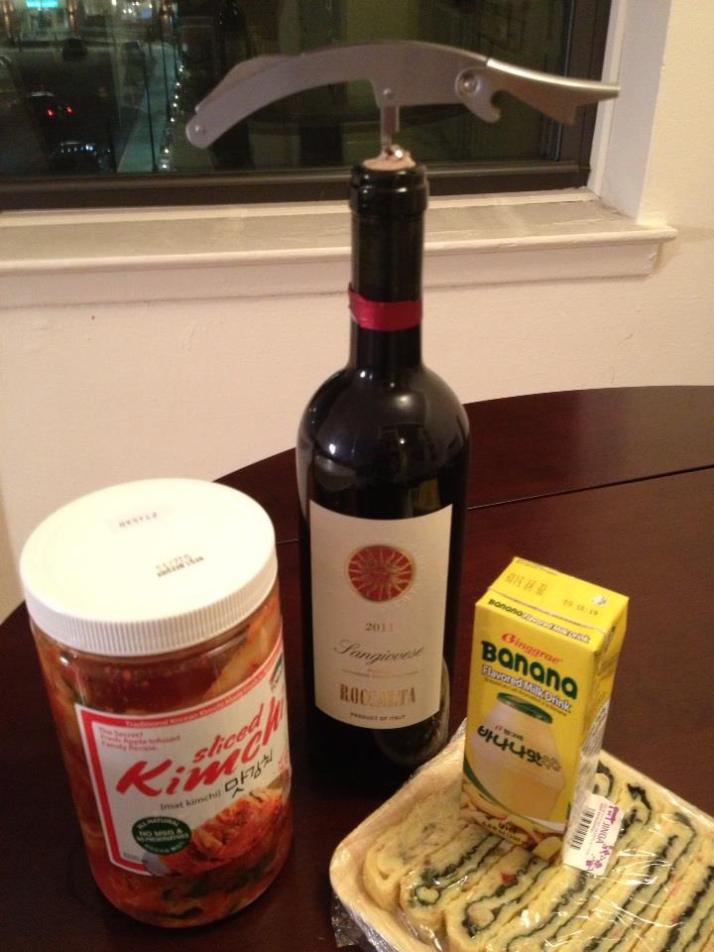
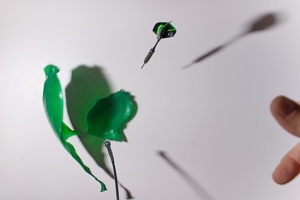
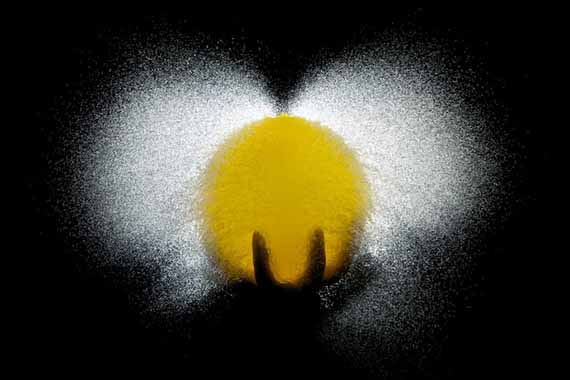
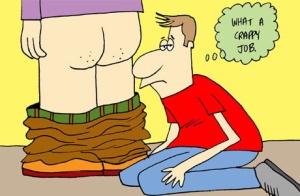 That’s what the doctor said to me today… I finished my Pediatric Gastroenterology sub-specialty rotation this week with Dr. Daum of Winthrop. I enjoyed Gastroenterology out of all my courses in my first two years. Essentially, I am saying I love dealing with poop. Because all this week, almost every patient I saw with Dr. Daum in the office, was a constipated child. Even when I was in the endoscopy center, I thought I was going to see some crazy Crohn’s disease, ulcerative colitis, esophagitis, gastritis, or other gastrointestinal problems. Nope, I only saw a boy with perfectly clean intestines and apparently “very beautiful” villi in the small intestines because his mother wanted him scoped and checked from mouth to anus. And of course, he was just another constipated child with abdominal pain. Completely behavioral and functional in children and adolescents.
That’s what the doctor said to me today… I finished my Pediatric Gastroenterology sub-specialty rotation this week with Dr. Daum of Winthrop. I enjoyed Gastroenterology out of all my courses in my first two years. Essentially, I am saying I love dealing with poop. Because all this week, almost every patient I saw with Dr. Daum in the office, was a constipated child. Even when I was in the endoscopy center, I thought I was going to see some crazy Crohn’s disease, ulcerative colitis, esophagitis, gastritis, or other gastrointestinal problems. Nope, I only saw a boy with perfectly clean intestines and apparently “very beautiful” villi in the small intestines because his mother wanted him scoped and checked from mouth to anus. And of course, he was just another constipated child with abdominal pain. Completely behavioral and functional in children and adolescents.

 Now, my complaints aside, I have been lucky with my Family Medicine site. Dr. Arcati makes me feel like I’m part of his family of workers. He lets me see patients with chief complaints, take histories, do physical exams, and formulate an assessment and plan. He also knows how much I love sticking people with needles, so I have the almighty privilege to draw blood and administer flu shots and make people happy and healthy.
Now, my complaints aside, I have been lucky with my Family Medicine site. Dr. Arcati makes me feel like I’m part of his family of workers. He lets me see patients with chief complaints, take histories, do physical exams, and formulate an assessment and plan. He also knows how much I love sticking people with needles, so I have the almighty privilege to draw blood and administer flu shots and make people happy and healthy.



